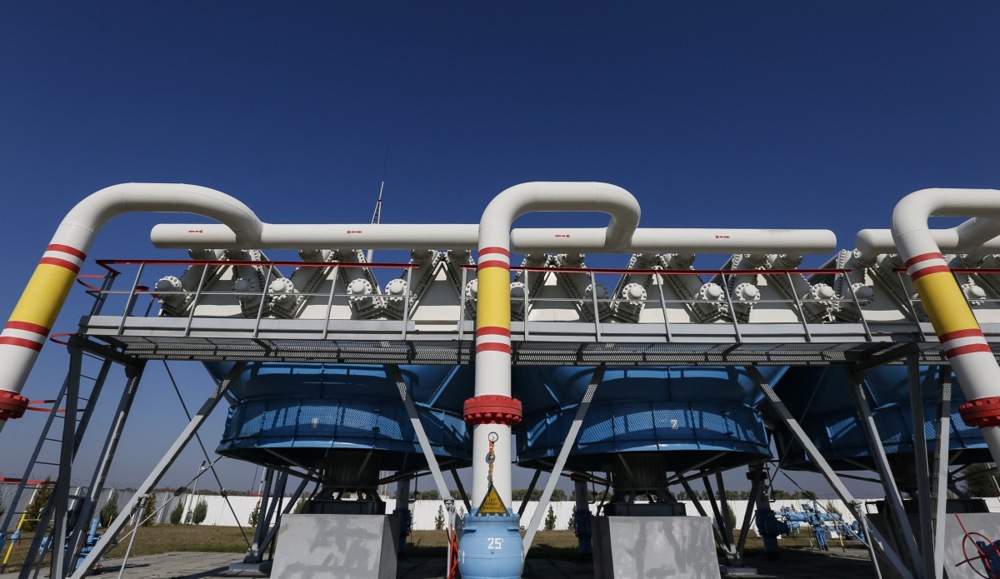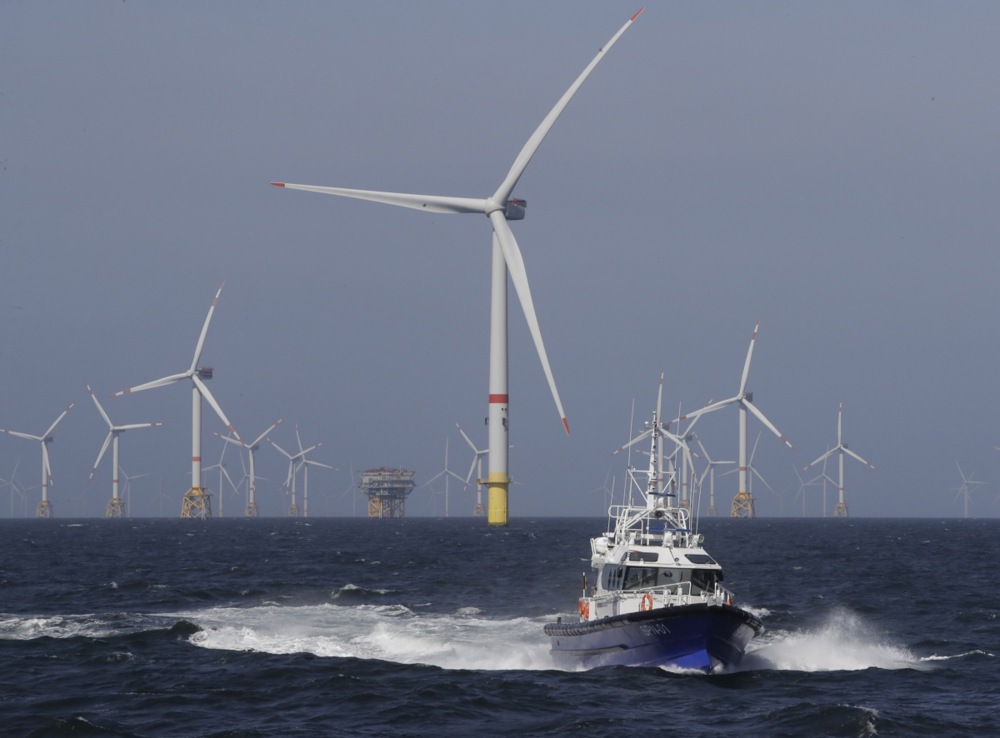The UK’s oil and gas sector has issued its starkest warning yet, cautioning that the North Sea could be “wiped out within years” as a source unless the government revises its controversial windfall tax.
Offshore Energies UK (OEUK), the industry’s leading trade association, argued that current fiscal policy was choking investment, endangering thousands of jobs and leaving Britain increasingly dependent on costly imports.
The Energy Profits Levy (EPL), commonly known as the windfall tax, was introduced in 2022. It was designed to take advantage of the soaring profits of oil and gas producers following the energy price shock triggered by Russia’s invasion of Ukraine.
Initially set at 25 per cent, the levy has since been raised to 38 per cent and extended until 2030 under the now-ruling Labour Party.
The headline tax rate on UK North Sea operators now stands at 78 per cent – one of the highest in the world . It is composed of a 30 per cent Ring Fence Corporation Tax, a 10 per cent Supplementary Charge and the 38 per cent EPL.
While intended to raise tens of billions for the Treasury, the levy is falling far short of early expectations. The Office for Budget Responsibility has slashed its forecast of receipts from £66 billion (€76 billion) to £21 billion (€24 billion) between 2023 and 2028, citing declining production and reduced investment.
Industry analysts argued that, far from being a sustainable source of revenue, the policy was hastening the decline of a once-world-leading energy basin.
David Whitehouse, OEUK’s chief executive, has warned that without urgent reform in the Autumn Budget, the UK faced the collapse of its domestic oil and gas sector.
“Our paper lays bare the choices facing the Chancellor,” he said. “Reform the levy to unlock investment, secure 23,000 jobs and add £137 billion [€158 billion] to the economy – or keep it, collect short-term revenues and risk losing the North Sea within years, not decades.”
As an example of operators’ difficulties, Harbour Energy, the UK’s largest oil and gas producer, has announced successive rounds of redundancies in Aberdeen, blaming the tax regime for making operations unprofitable.
Around 1,000 jobs a month are estimated to be vanishing from the North Sea, while 90 per cent of supply-chain firms are seeking work abroad.
OEUK’s proposal is to replace the EPL with a profits-based mechanism that would only apply when oil and gas prices rise significantly above long-term averages. Under this system, operators would still contribute more when prices were high but would gain confidence to invest when prices fell.
According to OEUK, such a regime could unlock £41 billion (€47 billion) in additional investment by 2050 and boost tax receipts by £12 billion (€14 billion) – far more than the current levy is expected to deliver.
Despite the UK’s legally binding net zero target, government projections indicated that between 10 and 15 billion barrels of oil and gas would still be needed by mid-century.
Current production plans cover just 4 billion barrels, meaning the gap would have to be met by more expensive foreign imports if domestic output continued to slide. Already, the UK is reliant on overseas suppliers for more than half its gas.
The debate over the North Sea has also become a political battleground. Conservative (Tory) Party leader Kemi Badenoch is expected to pledge in Aberdeen in the next few days that a future Tory government would scrap environmental restrictions and instruct regulators to focus solely on “maximum economic recovery”.
Badenoch has called on Labour and the SNP to back away from the “impossible ideology of net zero by 2050”.
Her position marks a sharp departure from Labour’s commitment to ending new exploration licences and accelerating the transition to renewable energy.
Critics argued that Badenoch’s stance mirrored the rhetoric of Nigel Farage’s Reform UK party and risked undermining climate goals.
Scottish Greens co-leader Ross Greer dismissed the plan as “climate denialism dressed up as economic strategy”.
Labour ministers insisted they were pursuing a “balanced transition” that supported jobs while honouring net zero commitments.





